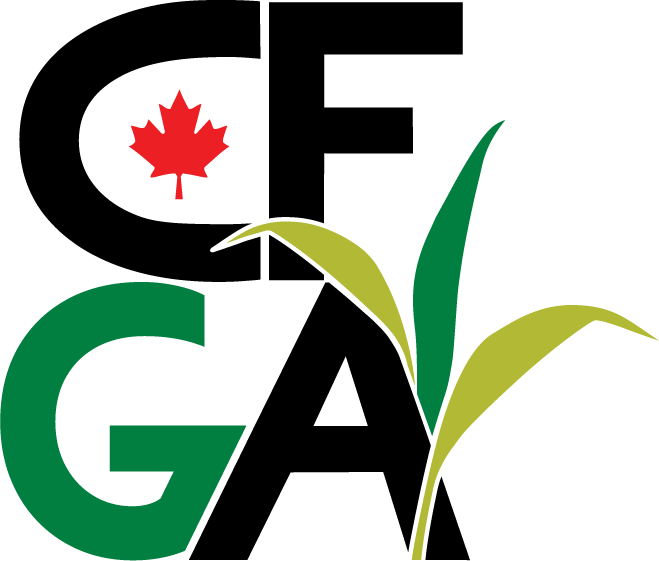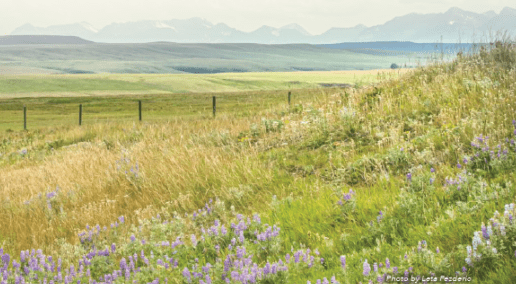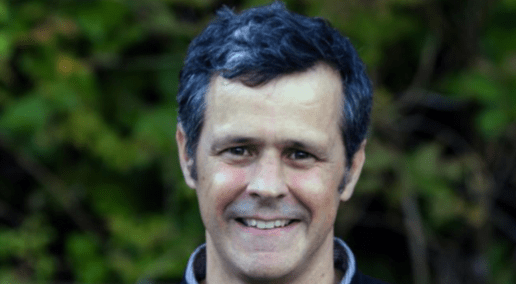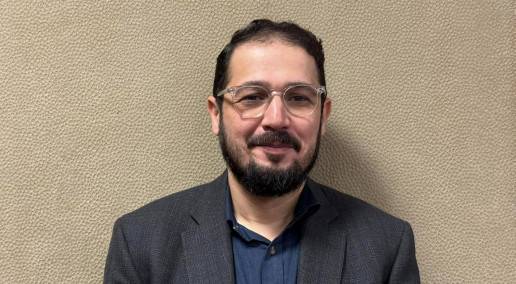During the morning session on Nov. 30 at the https://www.canadianfga.ca/en/use/cfga-past-conferences/conference-2023/ in Harrison Hot Springs, B.C., grazing mentor Steve Kenyon facilitated a producer and mentor panel with mentors Jim Forbes, Graeme Fowler and Erika and Doug Fossen.
Question: What works and what doesn’t work with the Grazing Mentorship Program?
Jim: I like the individuality. You get to know producers and their unique gifts and pinch points; things are not cookie-cutter, so it is good that flexibility is built into the system. Being prescriptive doesn’t make sense for advanced grazing.
Graham: Building community around farming is very important. Mentorship helps make it a recognized and valued profession and life. YouTube is all good, but seeing what our neighbours are doing is better. A neighbour might ask, “why is that guy leaving corn on the field so late?” and when a neighbour answers, “to graze late in the season.” maybe the neighbour will try it next.
Erika: As a mentor I see a lot of variety of farms and I get to bring these connections to different farms. It’s really valuable to make these connections because not many producers get to see the full variety. Being on a producer’s farm with them to help them develop their grazing plan is invaluable. The quality of it cannot be achieved over zoom. This is why mentorship is so important.
Question: I’ve seen the demise of extension. How do you see us having long-term advisory services from mentors? How can we have consistency over time, five years or more? How do you fit into it?
Jim: As a producer, incentives are important. Lobby for it.
Graham: Extension is not a cheap remedy in the long term. I’m not sure the government will resurrect it so seeing organizations like the CFGA do this work is very valuable.
Erika: Natural progression. Come in as a mentor with some funding in a program like this then turn it into a consulting business and people will come to you as an educator.
Question: When you’re at the kitchen table, what’s the sense you’re getting for interest in digital ag tools? Are they like dairy producers with tech adoption or is desire less keen?
Jim: In B.C. there’s demand for virtual fencing and collars on cows because fencing is a huge cost. The range department should be moving in this direction to support uptake. But real loss in ag knowledge is in our youth. Work needs to be done to keep youth engaged and passionate to do this work.
Graham: There’s technology, but there’s a ton of work that needs to get done regardless, and training is a huge amount of work. Basic knowledge of farm kids isn’t easily replicable in unskilled labour.
Erika: Lately flood conditions have been limiting us on Vancouver Island. We tried using helicopters to get fertilizer on the field at the right time, but it’s incredibly expensive. Use of drones for inter-seeding and overseeding – it’s mind blowing to see this happening. It’s much more accessible than helicopters. There are still no incentives available but that could be a new direction.
Conference recordings
To hear all of this panel discussion, you can purchase access to it and all of the recordings from the 2023 conference proceedings. Note, if you attended the 2023 conference, the recordings are available for free to those who registered for the conference.
For more information, email [email protected].
Back to Conference 2023



Leave a Comment